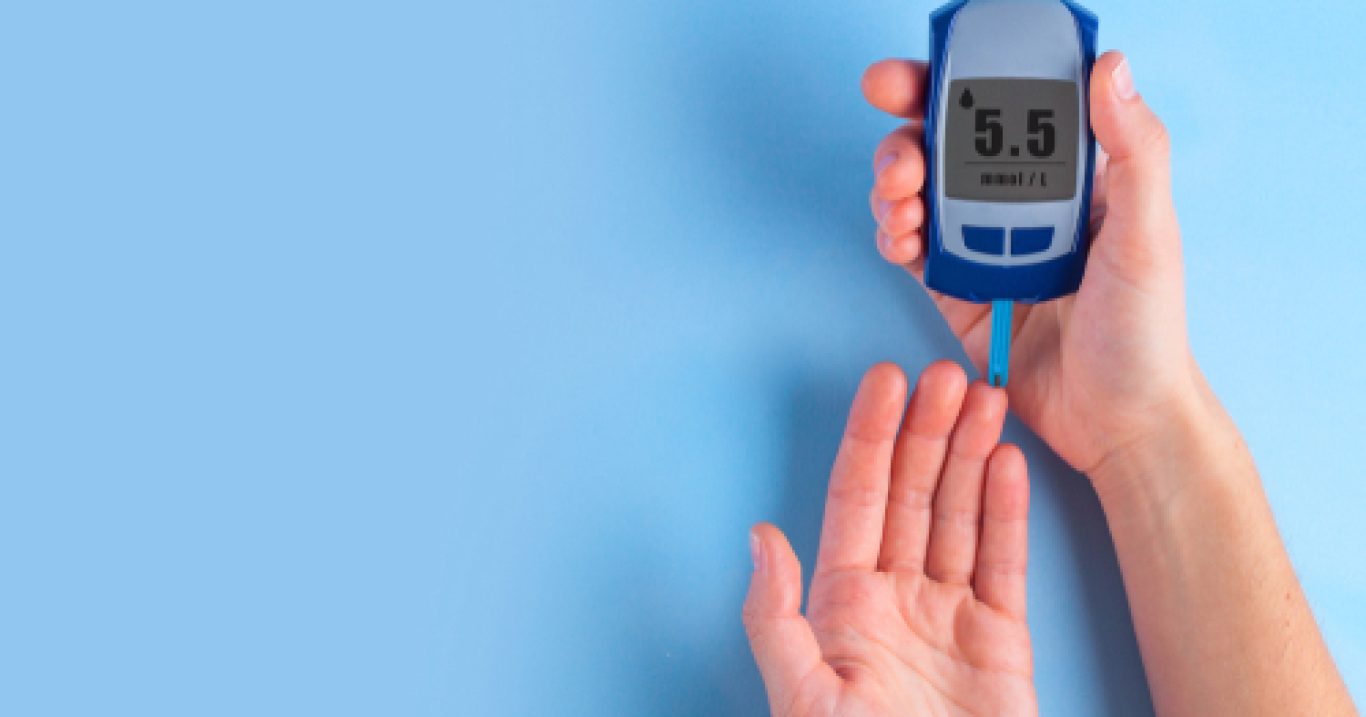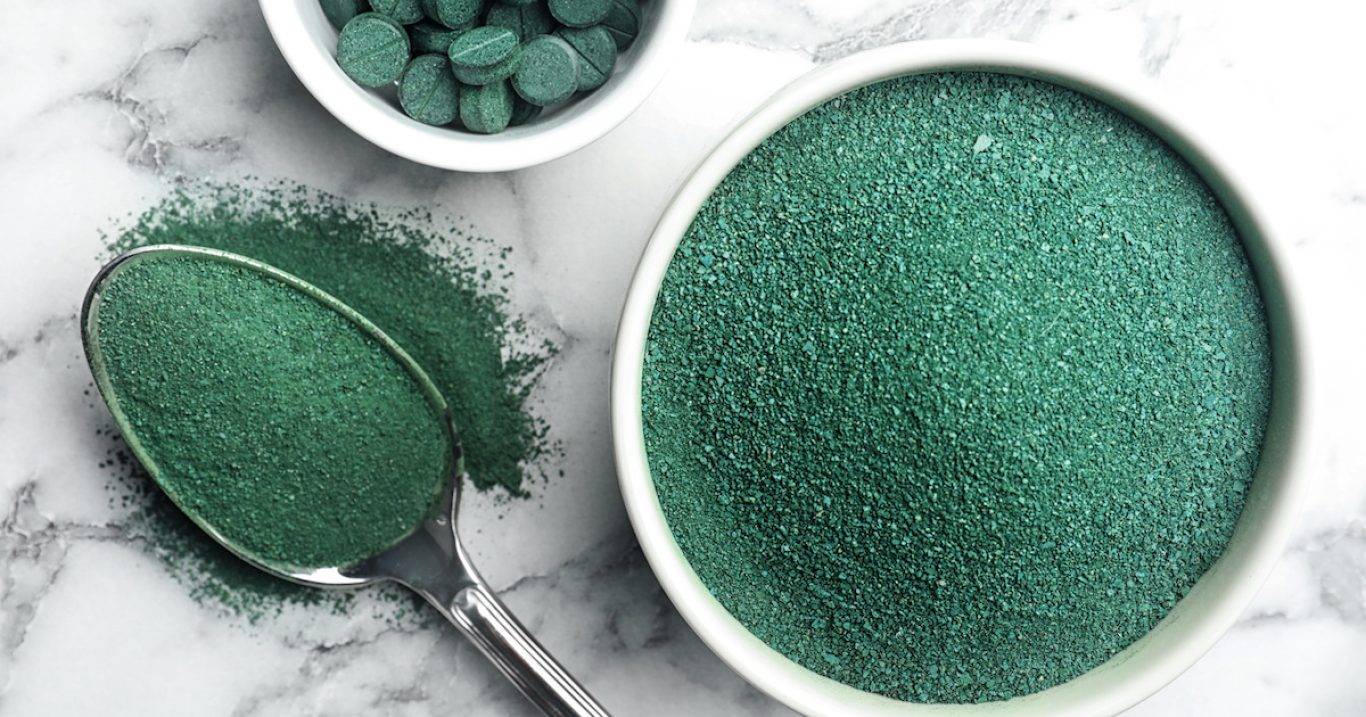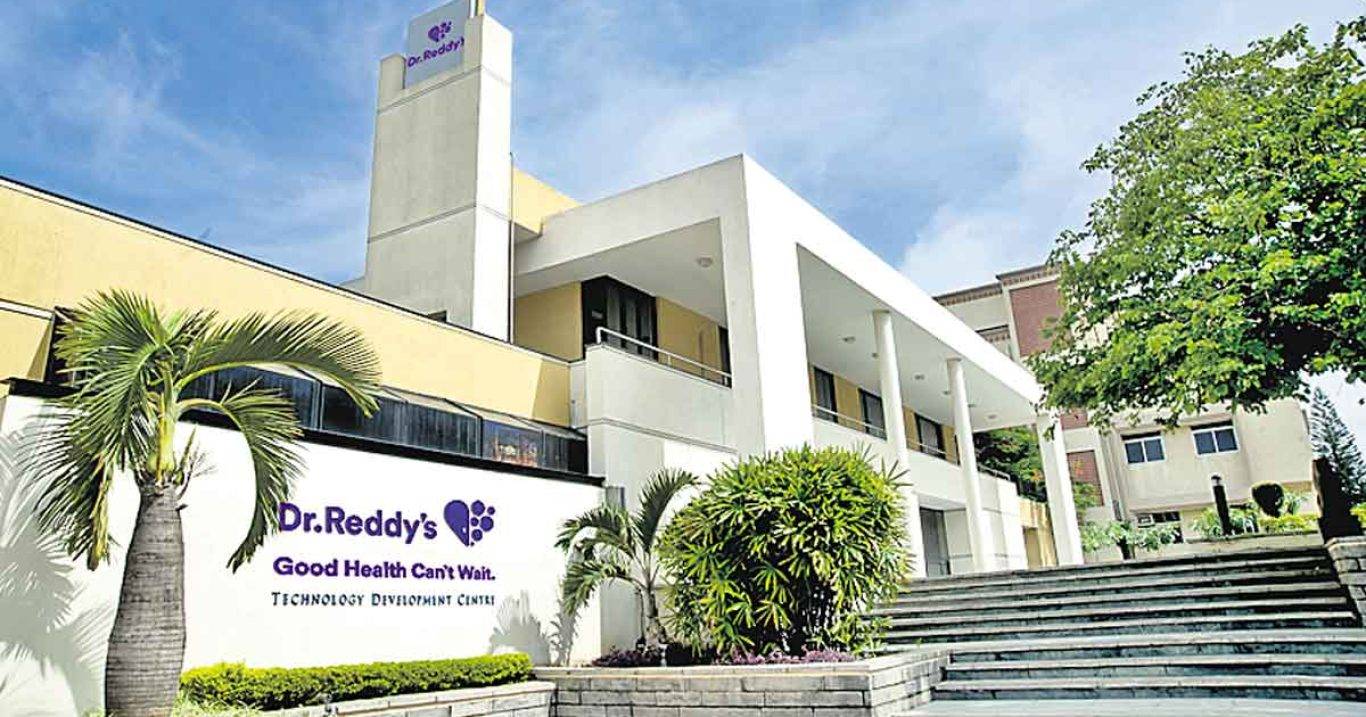Control early diabetic kidney disease to avoid imminent danger of chronic kidney disease– Dr Dilip Babu
Control early diabetic kidney disease to avoid imminent danger of chronic kidney disease– Dr Dilip Babu
Public Garden Walkers Association (PGWA) hosted its 223rd monthly health lecture on diabetes titled ‘Protect kidneys from diabetes & hypertension,’ recently at Hyderabad. The lecture was delivered by Dr Dilip Babu, managing director, consultant nephrologist, Apollo Hospitals which was focused on prevention of kidney disease.
Dr Dilip Babu during the discourse highlighted the vital role kidneys play in the body and how their care is of prime importance. He informed that kidneys filter the blood, removing waste products and excess salt and water and if they become diseased, they fail in their task, leaving the blood polluted. Early diabetic kidney disease can alert on the imminent danger the kidneys could face and the need to take precautionary steps to protect the kidneys before the problem advances.
He pointed out that people who develop diabetic kidney disease usually have no symptoms early on, although the condition puts them at risk of developing more serious kidney disease. Symptoms like swelling of lower limbs, face swelling, difficulty in breathing, loss of appetite, nausea, vomiting, decrease in haemoglobin level and bone disease develop at very late stages of kidney disease. Urine tests for protein called albumin are recommended once per year in people with diabetes, starting at the time of diagnosis. If there is albumin more than 30 mg/day in urine or urine albumin creatinine ratio is more than 30 mg/g of creatinine, it means you may have diabetic kidney disease.
The risk factors for diabetic kidney disease are elevated blood sugar levels, hypertension, being overweight or obese, smoking, drinking etc. other factors include having diabetes-related vision problem (diabetic retinopathy) or nerve damage (diabetic neuropathy) and having a family history of kidney disease.
Diabetic kidney disease can be prevented by making certain life style modifications and taking precautions like limiting the amount of salt intake, quitting smoking and drinking, losing weight if overweight, maintaining blood sugars close to normal (target blood glucose levels before each meal 80 to 120 mg/dl and HbAlC of 7 per cent or less), managing high blood pressure (reading below 130/80 is recommended), use angiotensin converting enzyme inhibitor (abbreviated ACE inhibitor) or a related drug known as an angiotensin receptor blocker (ARE) to control blood pressure and proteinuria, avoid pain killers (like ibuprofen, diclofenac, and nimesulide – NSAIDS), diet should be taken as per your doctor’s advice and consult a kidney specialist (nephrologist) before starting treatment.
The key complication of diabetic kidney disease is more advanced kidney disease called chronic kidney disease. chronic kidney disease can, in turn, progress further, eventually leading to total kidney failure and the need for dialysis (hemodialysis or peritoneal dialysis) or kidney transplantation.










